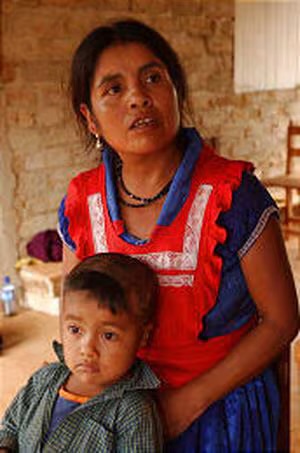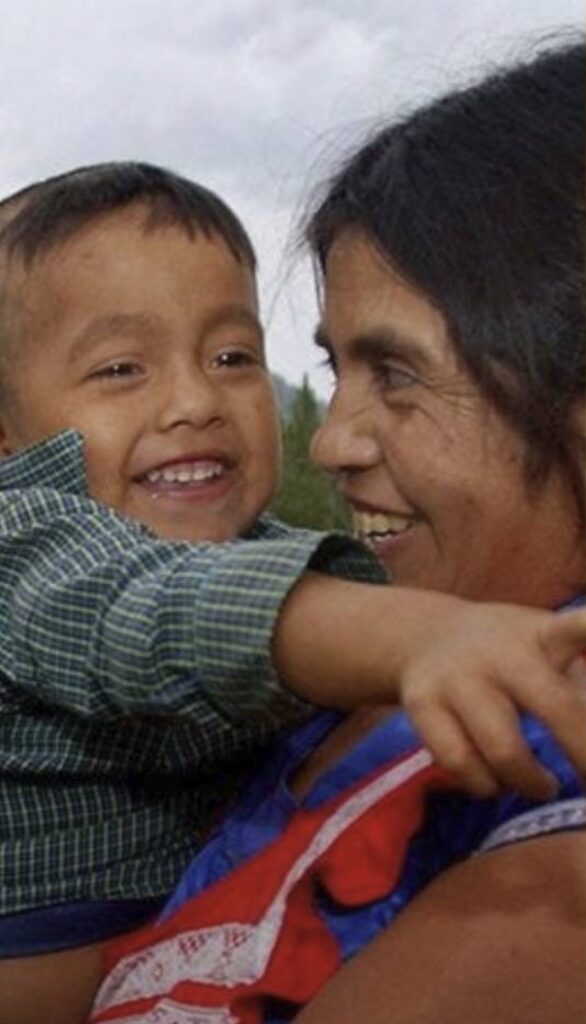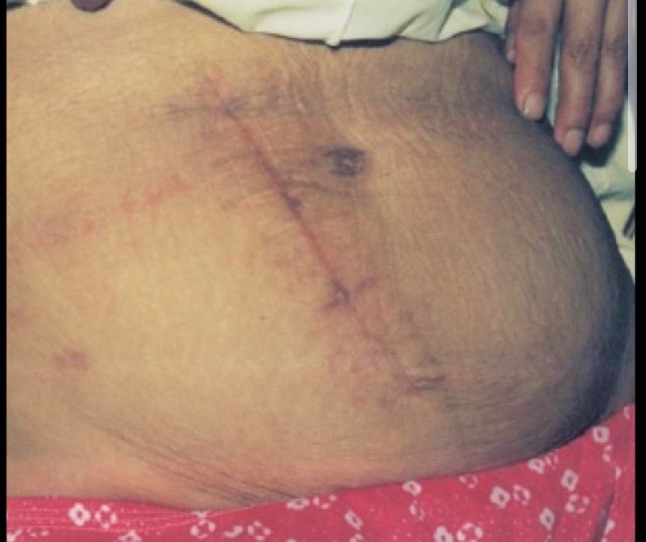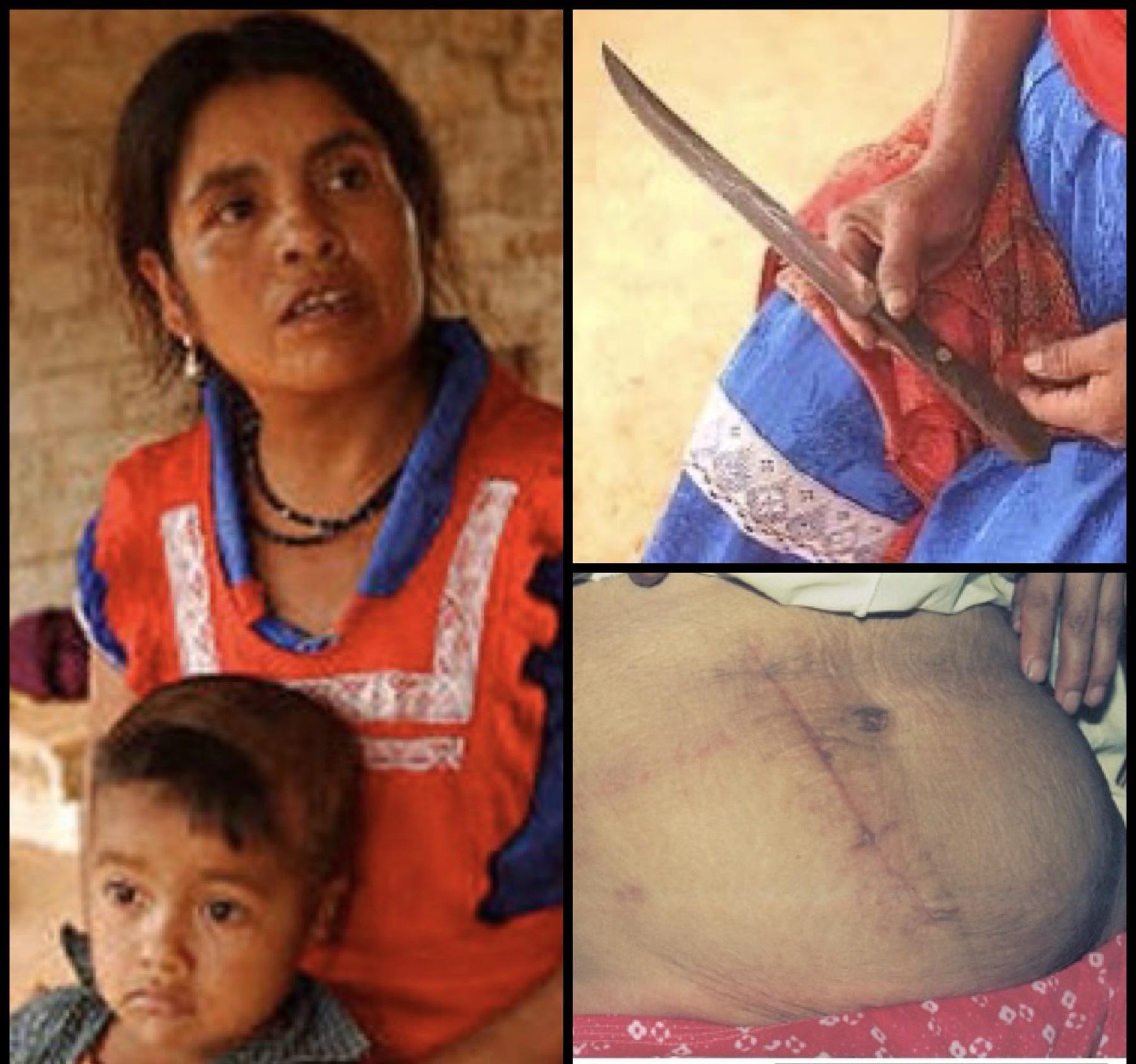On the evening of March 5, 2000, deep in the rugged hills of southern Oaxaca, Mexico, a 40-year-old woman named Inés Ramírez Pérez faced a battle for her life — and for the life of her unborn child. Her home, a modest one-room wooden cabin with no electricity or running water, was several hours away from the nearest medical clinic. She had no telephone to call for help, no vehicle to reach a doctor, and no one present with the skills to assist her.

By that point, she had already endured 12 relentless hours of obstructed labor. The pain was unyielding, each contraction more desperate than the last. She knew that if she waited any longer, both she and her baby might die. In the stillness of that isolated night, she made a decision few could imagine — a decision that would later shock the medical world.
Inés poured herself three small glasses of strong liquor. It was not enough to dull the pain, but it was all she had to muster courage. Then, with nothing more than a kitchen knife — the kind used daily to chop vegetables — she steeled herself for what she was about to do.

Lying on her side, she pressed the knife to her belly and began to cut. Her hand did not shake. She made a 17-centimeter (6–7 inch) vertical incision, slicing through skin, muscle, and tissue until she reached her uterus. She reached inside her own body, found her child, and pulled him into the world.
The baby cried. She cut the umbilical cord herself. The effort and blood loss overwhelmed her, and she briefly lost consciousness.

When she awoke, she wrapped her newborn son against her body for warmth and covered her wound as best she could. Hours later, neighbors discovered the scene — mother and child alive but in critical need of help. They rushed her to a hospital where doctors were astonished at what she had done. Against all odds, both survived without major complications.
Her remarkable act was later recorded in the International Journal of Gynecology & Obstetrics in 2004 as the only medically confirmed case in history where both a mother and her baby survived a self-inflicted caesarean section.
Today, Inés’s story stands as a testament to a mother’s instinct, courage, and will to protect her child — even at the risk of her own life.
